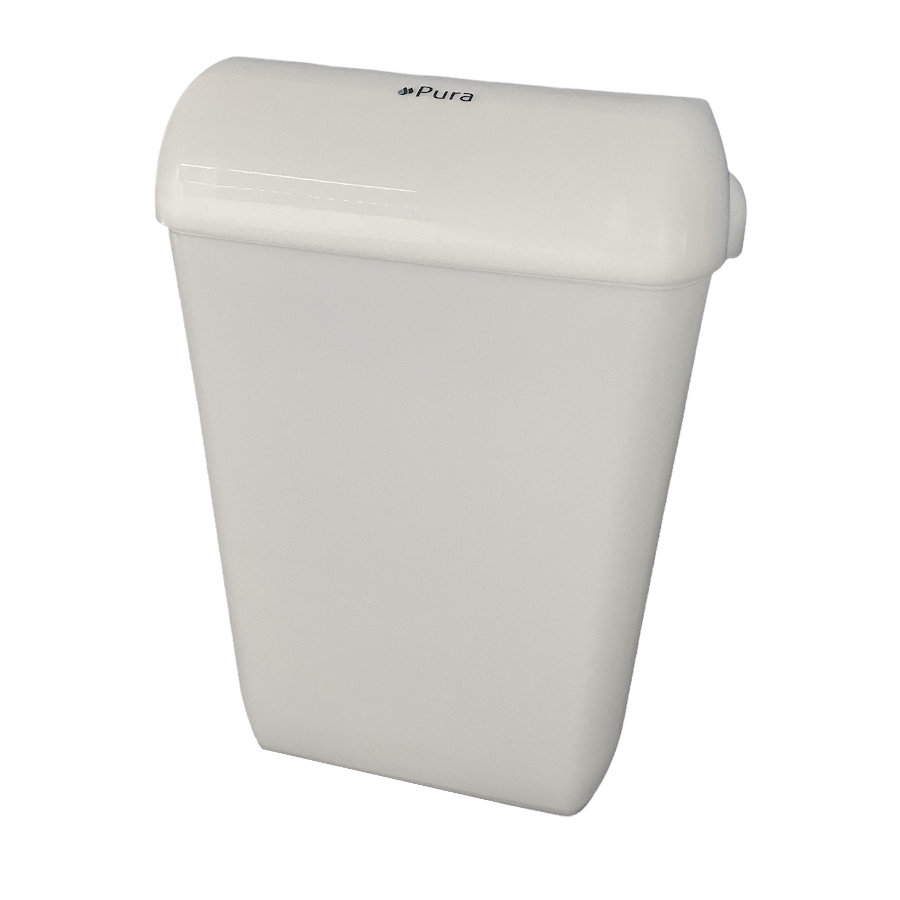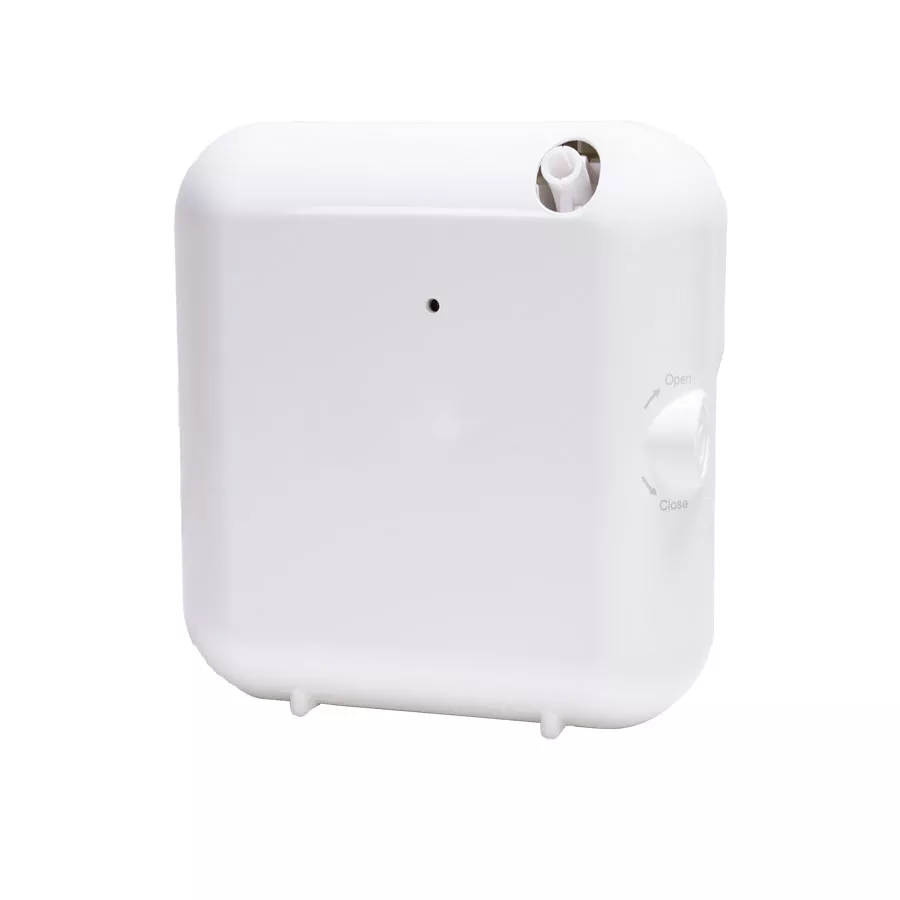
10.11.23
Hand drying systems: a comparison of solutions
In the field of hand drying systems used after hand washing, there are various methods that differ in terms of hygiene, environmental compatibility, cost, and user-friendliness. The following presents the most common systems and highlights their advantages and disadvantages.
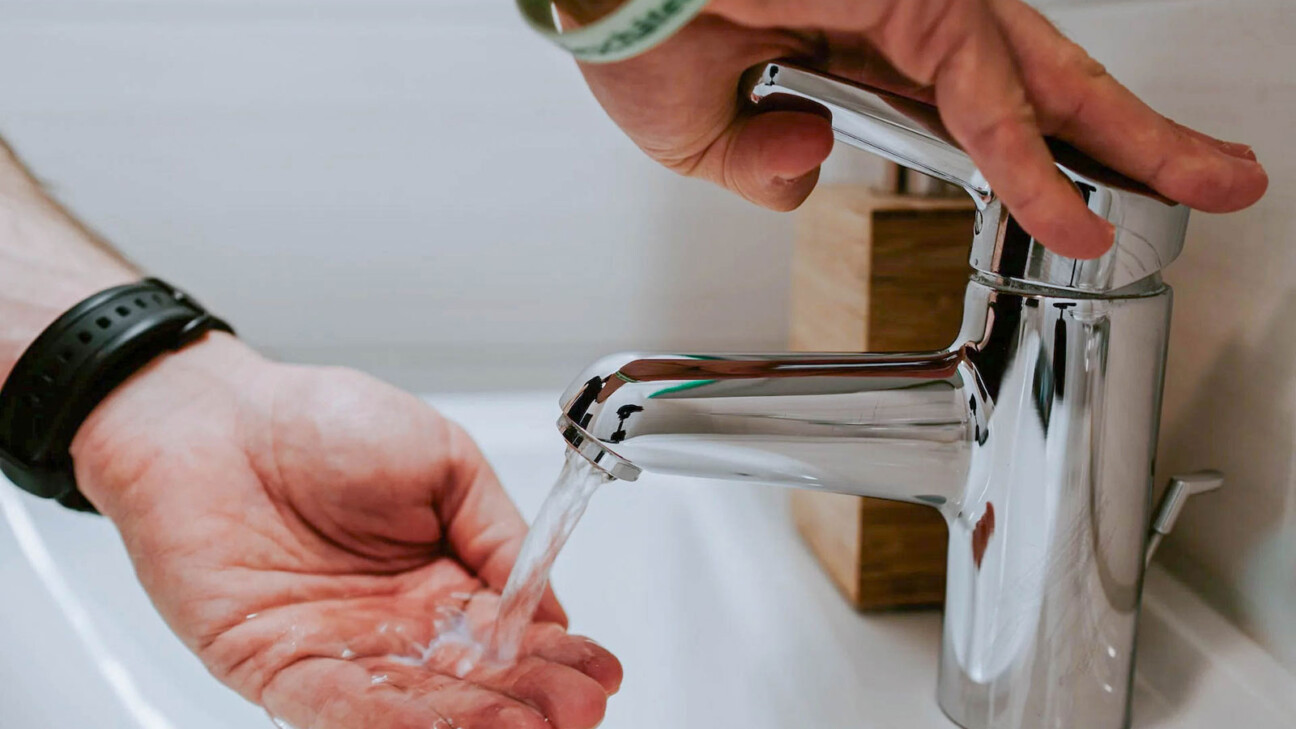
1. Paper Towels
Advantages:
- Hygiene: Paper towels are seen as hygienic because they are for single use and can help more effectively dry hands through friction, which also removes germs.
- Simplicity: Easy to use and do not require a power source.
- Waste Control: In facilities with a waste collection system, paper towel waste can be easily managed.
Disadvantages:
- Environmental Impact: They generate waste and can be harmful to the environment if not made from recycled materials or properly recycled.
- Cost: Ongoing costs for acquiring paper towels can be higher compared to other methods.
- Refilling: Regular refilling and maintenance of dispensers are required.
2. Electric Hand Dryers
Advantages:
- Reusability: Offer a touchless, repeatable drying method without waste production.
- Cost: Can be more cost-effective in the long term as no consumables are needed.
- Hygiene: Modern models often feature HEPA filtration, improving air quality.
Disadvantages:
- Hygiene Concerns: Some studies suggest air dryers can spread germs in the air.
- Energy Consumption: They use electricity and may be less eco-friendly compared to paper towels, depending on the energy source.
- Noise: Many models are loud and can be disruptive in quiet settings.
3. Textile Towel Dispensers
Advantages:
- Comfort: Provide a soft and pleasant drying experience.
- Environment: Textile towels are reusable and can be more eco-friendly with proper care.
Disadvantages:
- Hygiene: Can become a breeding ground for bacteria if not regularly replaced.
- Maintenance: Require regular replacement and professional cleaning.
- Vulnerability to Vandalism: Can be damaged or stolen in public areas.
4. Cotton Roller Towels
Advantages:
- Hygiene: Each user gets a fresh section of the towel, which is hygienic.
- Environmental Friendliness: Reusable and professionally cleaned and maintained.
Disadvantages:
- Cost: Require a service contract for regular delivery and cleaning.
- Equipment Size: Dispensers take up more space than other systems.
5. Manual and Sensor Faucets
While not direct hand drying methods, they can influence the drying process through their water supply mode.
Advantages:
- Hygiene: Sensor-operated faucets offer touchless operation, reducing cross-contamination.
- Water Saving: Can reduce water consumption through automatic shutoff.
Disadvantages:
- Cost and Maintenance: May be expensive to purchase and require more maintenance than manual faucets.
- Power Requirement: Sensor faucets need electricity or batteries, incurring additional ongoing costs.
Summary
When choosing the right hand drying system for a specific location, factors like visitor frequency, environmental awareness, budget, space availability, and desired hygiene level should be considered. Each system has its own advantages and disadvantages, and it’s important to select the system that best fits the specific requirements and values of the operation.
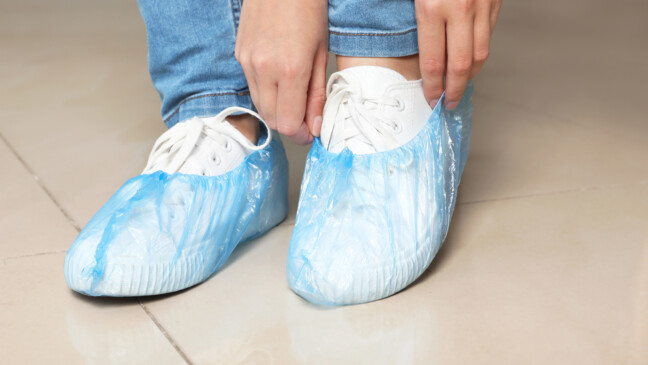
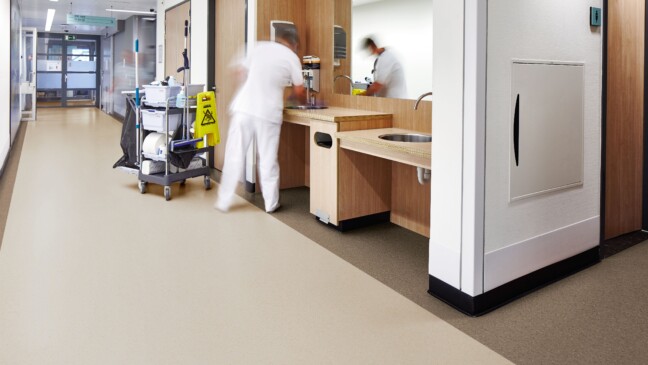
![166 150×150[1]](https://www.hygieneforum.ch/wp-content/uploads/166-150x1501-1.jpg)
![23 150×150[1]](https://www.hygieneforum.ch/wp-content/uploads/23-150x1501-1.jpeg)

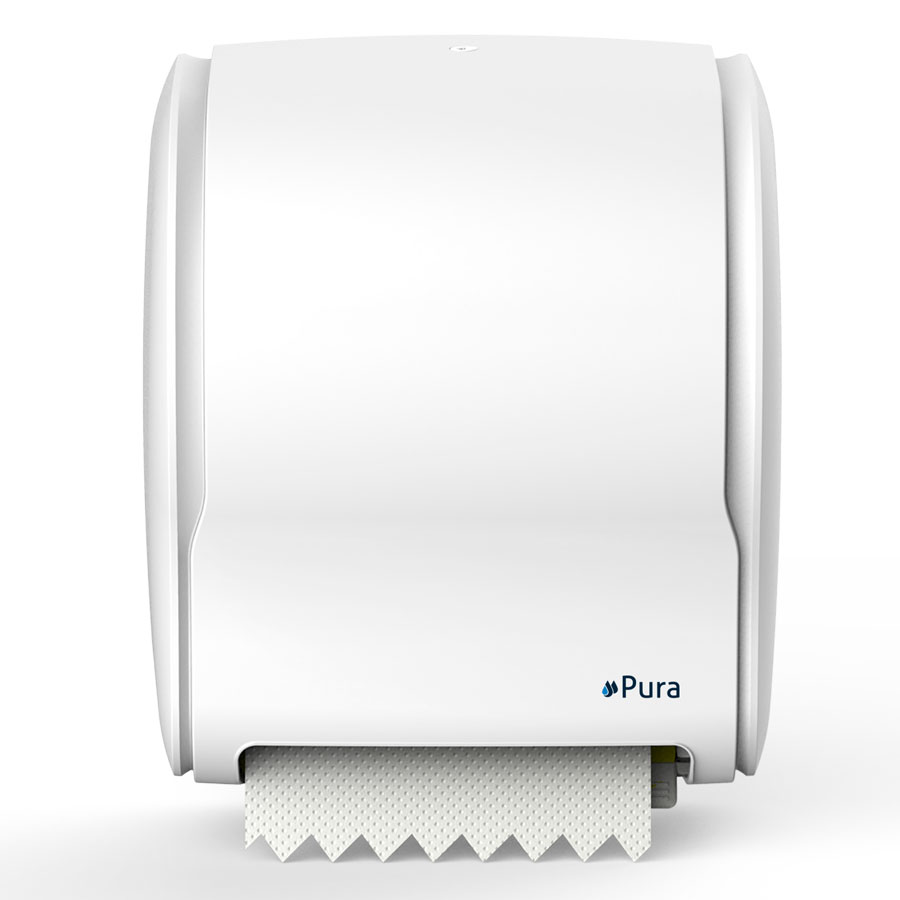
![44 150×150[1]](https://www.hygieneforum.ch/wp-content/uploads/44-150x1501-1.jpg)
![179 150×150[1]](https://www.hygieneforum.ch/wp-content/uploads/179-150x1501-1.jpg)
